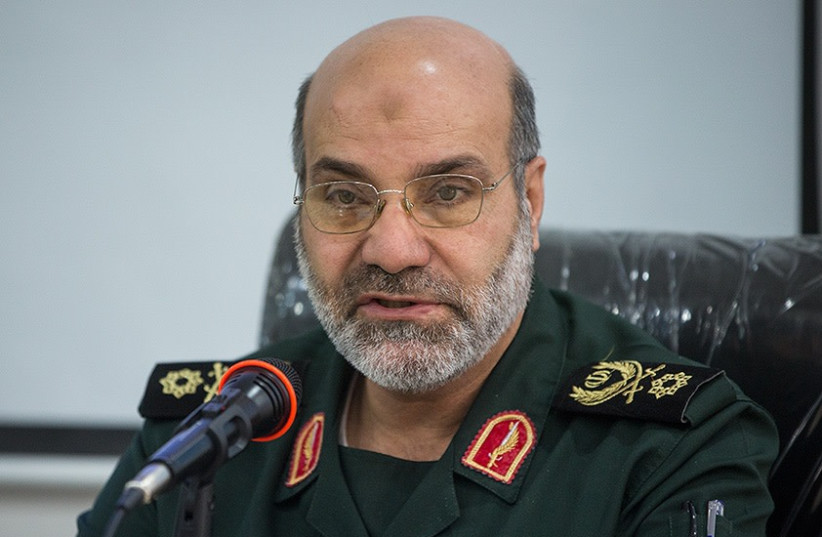Hounded by months of deadly Israeli attacks in Syria, Iranian military commanders thought it safe to convene a top-level meeting inside Iran's embassy compound in Damascus, believing it protected by international norms shielding diplomatic missions, according to a dozen Iranian, Syrian and regional officials.
They were wrong.
An airstrike on the compound killed seven Iranian officers on Monday - among them one of Iran's top soldiers, Brigadier General Mohammad Reza Zahedi, a senior commander in the Revolutionary Guard (IRGC). It was the boldest and deadliest in a series of attacks that have picked off Iranian officials in Syria since December.
Blamed by Tehran on Israel, the attack was a rare military strike on diplomatic premises anywhere in the world and drew swift condemnation from the UN and EU. Analysts view it as a significant escalation in a wider Israeli campaign to degrade the influence carved out by Iran in Syria over the last decade.
Zahedi had arrived in Syria a day or so before the attack and was staying at the embassy compound with two other senior commanders, according to an Iranian source who, like others in this story, asked not be identified because of the sensitivity of the issue.
The three men were in Syria to discuss operational logistics and coordination, the source said, without elaborating.

Zahedi was a top figure in the Guards' Quds Force, which funnels Iranian support to allies around the region, including to Lebanon's Hezbollah. He was the most senior Revolutionary Guards figure to be killed since a US drone strike on Qassem Soleimani in Baghdad four years ago, and the manner of the strike sent shockwaves across a region already roiled by Israel's war in Gaza.
"In my view, it's without precedent," said Gregory Brew, an analyst at Eurasia Group, adding he could not recall any state directly targeting another's diplomatic presence in this way.
"The IRGC officers likely thought they were safe so long as they remained in the diplomatic compound," he said. "I can't imagine any IRGC officers feel particularly safe at the moment."
Iran 'compelled' to give a serious response to Israel
Two Iranian officials indicated Tehran would not veer from the approach it has adopted since October of avoiding direct conflict with Israel and the United States, while simultaneously backing allies who have hit Israel, US troops, and Red Sea shipping in attacks they say aim to support Gaza.
One of those officials, a senior source, said Tehran was compelled to give a serious response to prevent Israel from repeating such attacks or escalating. But the level of retaliation would be limited and aimed at deterrence, the official said, without elaborating.
The public relations office of Iran's Revolutionary Guards declined to comment.
An Iranian security source said Iran would adjust its tactics in light of Monday's strike, without giving further details. A regional source close to Iran said there was no longer any secure place in Syria after Israel had transgressed diplomatic norms.
